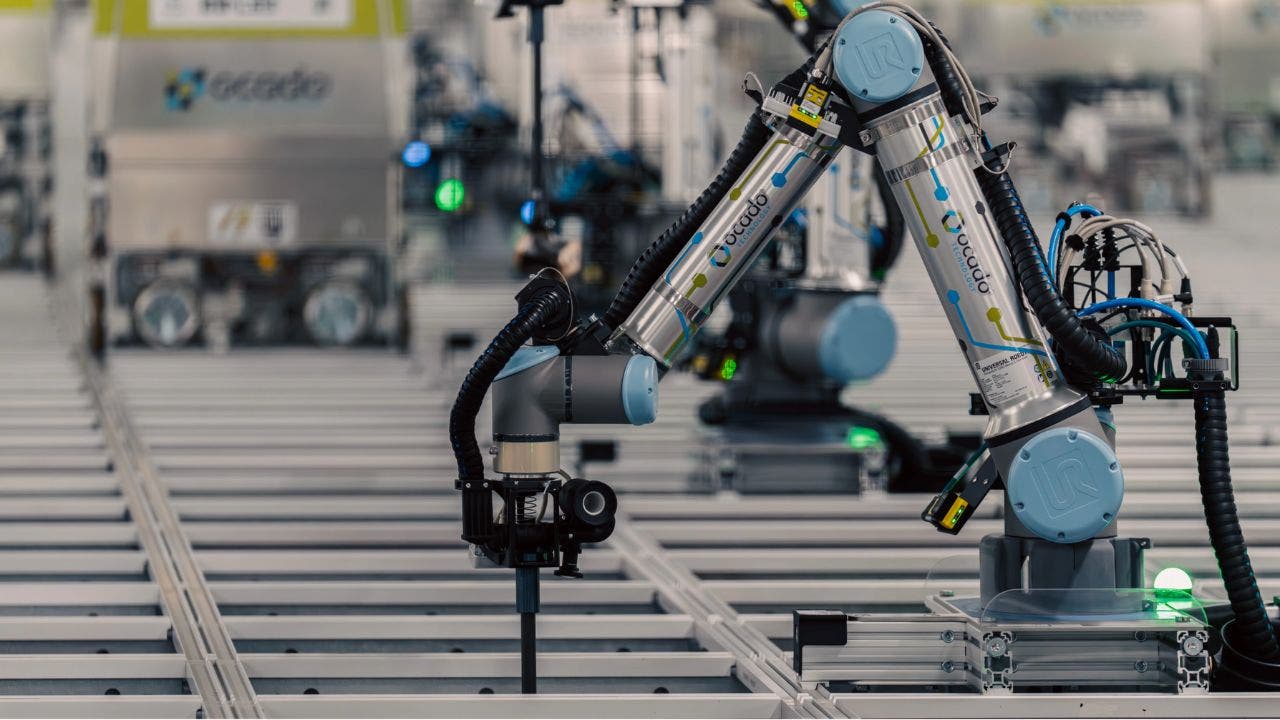Anxiety Among Gen Z over AI Usage: A Gallup Poll Reveals Insights on Education and Employment
Recent findings from a Gallup poll indicate that a significant portion of Generation Z, specifically four in ten individuals, harbors feelings of anxiety regarding the usage of artificial intelligence (AI). This poll was commissioned by the Walton Family Foundation in collaboration with GSV Ventures, and it highlights the youthful demographics mixed sentiments towards AI, particularly its implications for critical thinking.
Interestingly, while there is a sizable apprehension about AI, around 44% of Gen Z recognizes the necessity of acquiring AI skills for their future careers. This suggests an awareness of the growing prominence of AI in the workforce, even as these young individuals express discomfort with its integration into daily life.
The survey, which assessed the AI usage patterns among nearly 3,500 participants aged between 13 to 28 years in the United States, revealed a paradox. Nearly half of those surveyed reported utilizing generative AI on a weekly basis; however, many admitted to doing so without a map, indicating a lack of guidance or understanding of how to effectively harness AI tools.
This sentiment among Gen Z reflects broader concerns in the United States regarding AI's future impact. A previous survey conducted by the Pew Research Center illustrated that more than half of American adults are more apprehensive than enthusiastic about AI's potential effects over the next two decades. Approximately 43% of respondents expressed fears about AI posing harm to them, while a third remained uncertain about what to anticipate. Only 23% of adults held a positive outlook on AIs influence on job performance.
With clear indications of a demand for AI knowledge among students, there remains a troubling disconnect between what Gen Z desires and what educational institutions provide. The poll found that more than half of students believe it should be a schools responsibility to teach AI skills; however, only 28% reported that their schools explicitly permit the use of AI tools. Alarmingly, nearly half of the students either lacked knowledge of their school's AI policies or reported that no such policy existed.
Even where AI guidelines are in place, confusion reigns. Only one in three students described their school's rules regarding AI as extremely clear. This lack of clarity may be contributing to a hesitance to engage with AI technologies; approximately 47% admitted to avoiding AI for schoolwork due to uncertainties about its acceptability.
Stephanie Marken, a senior partner at Gallup, emphasized the crucial role that educational institutions must play in equipping students to navigate the increasingly AI-driven landscape. In a press release, she stated, AI is only becoming more embedded in the future of work and learning, and schools will play a critical role in helping students navigate it. The findings present a pressing opportunity for educators to empower Gen Z to use AI with both purpose and confidence.
In light of this rising demand for AI education, the University of Pennsylvanias Wharton School has taken proactive steps by launching a new MBA major and undergraduate concentration focused on AI. Faculty discussions regarding the curriculum began last year, as stated by Wharton professor Giles Hooker. We are at a critical turning point where practical AI knowledge is urgently needed, noted Eric Bradlow, Whartons vice dean of AI and Analytics, in a press release detailing the innovative changes.
In contrast to the situation in the U.S., AI education has become a mandatory component of the curriculum in Chinas capital, Beijing. The Beijing Municipal Education Commission announced that from this fall, schools in the city must deliver at least eight hours of AI instruction per academic year, ensuring that even elementary school students are exposed to AI learning from an early age.


























